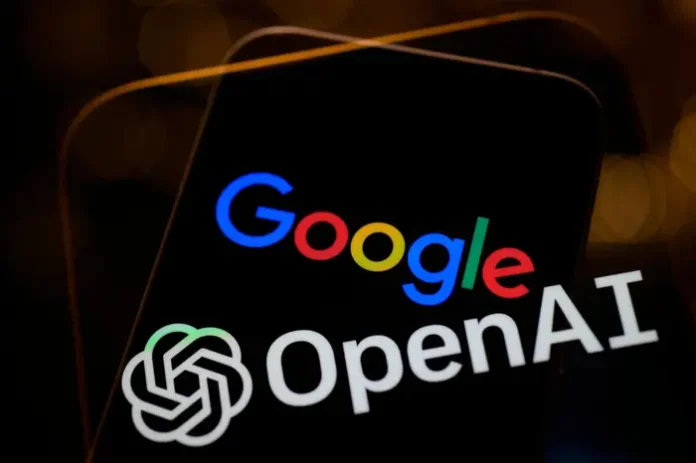OpenAI’s highly anticipated GPT-4o-powered search engine is now available, and you can join the waitlist today. The company plans to integrate these advanced search features into ChatGPT at an unspecified future date. This new search engine aims to challenge Google’s dominance and provide an alternative to Google’s efforts to incorporate AI into its search platform.
SearchGPT is designed to be more than just a standard search engine. While it functions similarly to Google’s AI Overviews or Bing’s current search responses, it offers a unique twist. Users enter prompts in a ChatGPT-like interface, and the AI generates responses that include several in-line links to the sources of its information. For instance, if you ask about music festivals in a specific location, the AI might provide descriptions with direct links to each event. A separate tab on the left sidebar allows users to view and click on these links.
For more nuanced queries, SearchGPT provides a direct response with source names and links in parentheses at the end of each paragraph. Users can ask follow-up questions, and the AI will respond based on the context of previous prompts. While ChatGPT already had many of these features and internet access, SearchGPT introduces a new user interface focused on linking to the sources of information.
This approach is more integrated compared to Google’s AI Overviews, which offer a few paragraphs of text and drop-down menus linking to sources. Users can remove these AI overviews from Google Search if they prefer a more traditional search experience. SearchGPT, however, weaves AI functionality directly into its core operations.
There has been significant criticism from publishers and writers regarding how companies like Google and OpenAI use content to train AI models. Recently, PerplexityAI faced backlash from Forbes for creating AI-generated articles based on original reporting without permission, and The New York Times is suing OpenAI for using its content in training. Meanwhile, major news organizations like the Financial Times and The Associated Press have signed multi-million dollar deals with OpenAI to allow access to their content.
The issue is that many sites rely on clicks and ad revenue, which diminishes if users only read AI-generated summaries without clicking through. OpenAI promises that its search engine will “enhance” the search experience by highlighting high-quality content in a conversational interface and providing multiple opportunities for user engagement. This is intended to give publishers more visibility through prominent links.
OpenAI claims it is benefiting websites by presenting their information differently from Google. On Thursday, Google updated its chatbot, Gemini 1.5 Flash, to include more links at the end of responses—up to four times the previous length of context, according to the company. Gizmodo tested it but found that its answers to basic questions were still less comprehensive than those from Gemini Advanced, with links appearing as gray boxes outside the main text.
As SearchGPT is still in beta, its features and impact may evolve. We’ll have to see if it provides more credit to original reporters and writers with the promised links. However, if SearchGPT delivers concise answers right away, users might not feel the need to click through, even if multiple links are available.



 Viesearch - The Human-curated Search Engine
Blogarama - Blog Directory
Web Directory gma
Directory Master
http://tech.ellysdirectory.com
8e3055d3-6131-49a1-9717-82ccecc4bb7a
Viesearch - The Human-curated Search Engine
Blogarama - Blog Directory
Web Directory gma
Directory Master
http://tech.ellysdirectory.com
8e3055d3-6131-49a1-9717-82ccecc4bb7a